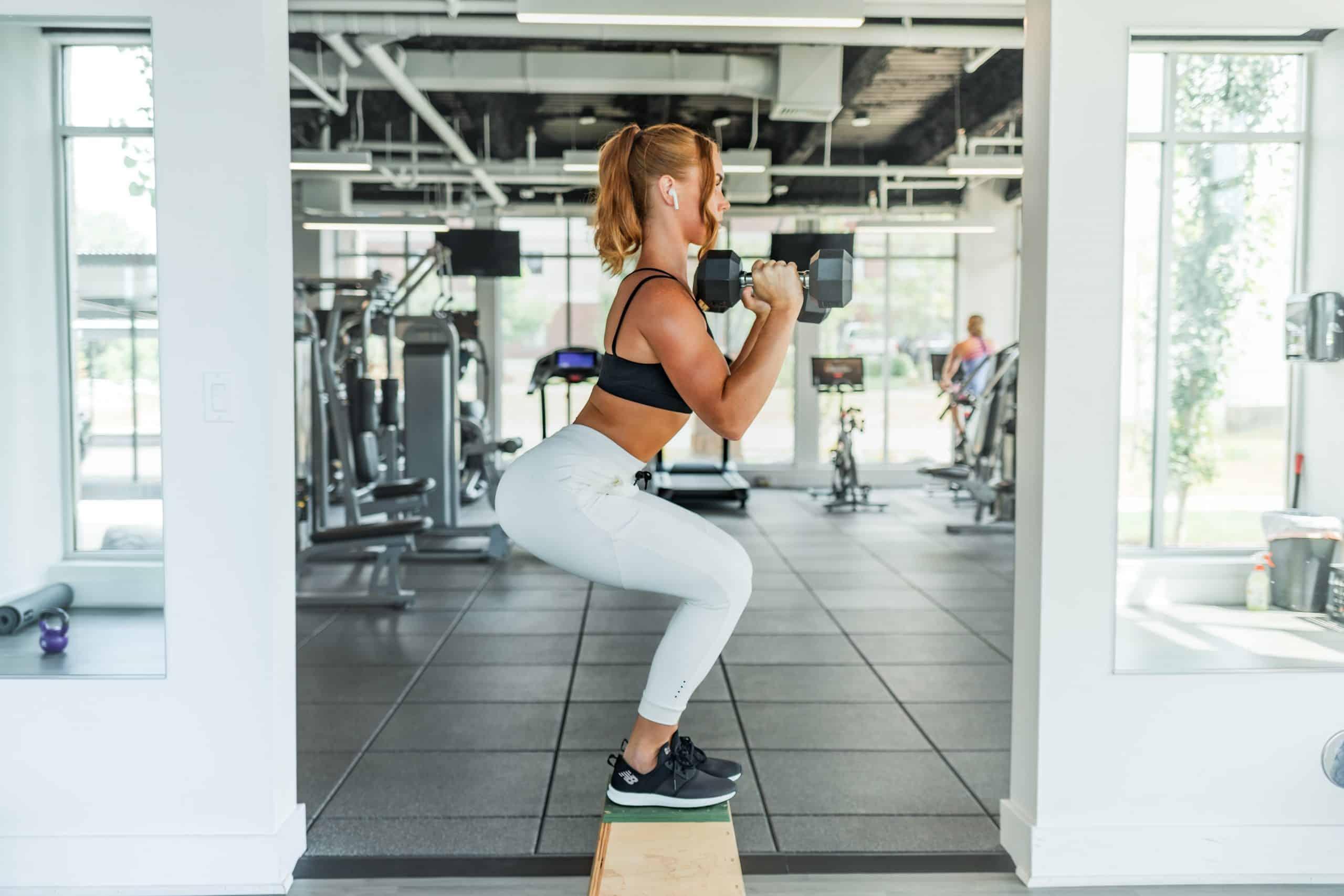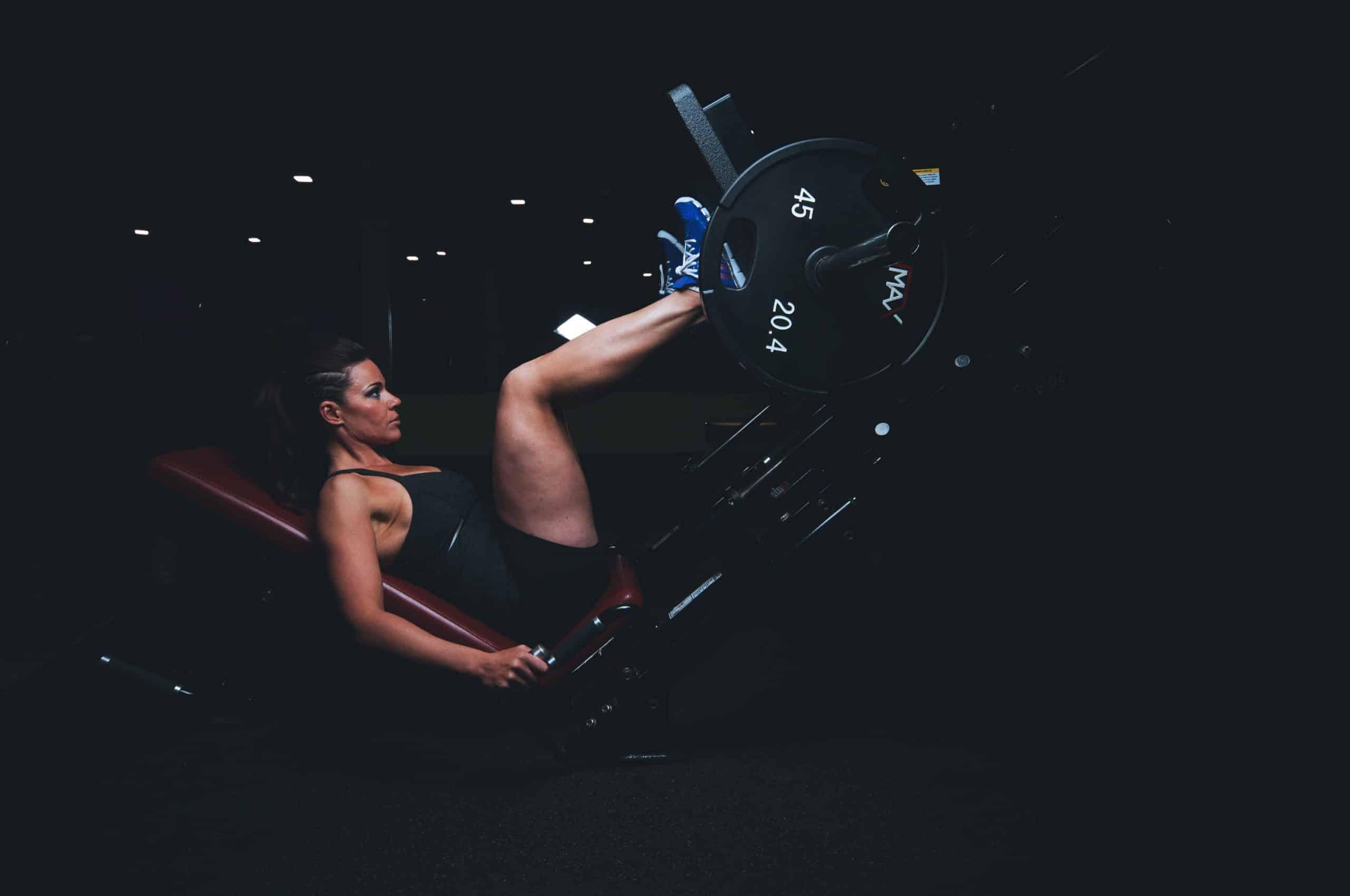Study Shows Benefits Of Strength Training Are Often Overlooked By Women

Photo by Alora Griffiths
“I don’t do strength training. I don’t want to bulk up.”
A lot of women neglect the important portion of their health and fitness by skipping the weight training exercises at the gym. “That’s for dudes.”
A recent study shows that this attitude is prevalent in the fitness world but is potentially harming women, as they don’t get the recommended number of hours needed for strengthening their bodies and improving their health. The study reveals barriers that prevent women from getting their full physical fitness needs met while providing solutions to the issue.
Study Shows Women College Students Less Likely To Do Weight Training
Researchers at Penn State found that women are less likely to participate in strength training activities than men. They are also less likely to use weight training sections at the gym than men – because they’re uncomfortable doing so.
Graduate student, Oliver Wilson, studying kinesiology, said that the study suggests that gender differences greatly affect the habits and facility use for physical exercise practices.
He says, “Ideally, all students – regardless of gender identity, race and ethnicity, sexual orientation, religion, and/or socio-economic status – should participate in muscle-strengthening activities. Implementation and enforcement of policies, facility design, and equipment layout, supportive social environments, and other opportunities for students to build the skills and confidence to participate in muscle-strengthening activities are necessary to provide equitable opportunities for all.”
Previously, researchers have found that consistent disparities fall between men and women on this front, with spaces tending to be highly gendered.
Revealing Details Of The Study

Photo by Benjamin Klaver
Researchers for Penn State recruited 319 college students. Each was asked to complete a survey intended to measure physical activity, use of the gym, comfort in using the facilities which are provided on campus, and reasons and solutions for feeling uncomfortable in physical fitness facilities.
According to Wilson, the meaningful differences in the use of the gym, comfort levels, and physical fitness behaviors between men and women were obvious once the data was analyzed.
“Women reported less muscle-strengthening activity, lower frequency of both weight use and informal sport participation, and higher frequency of cardio and group exercise participation,” he noted.
Women also said they were less comfortable using the facilities in general, but specifically free weights, weight machines, and indoor tracks.
Reasons given for this level of discomfort using the facilities were largely due to the presence and behavior of men, lack of knowledge on equipment usage, and feelings of self-consciousness.
Does The Study Matter For Those No Longer In College?
The reason this study matters for the sake of all women is, according to Melissa Bopp, associate professor of kinesiology, “because a person’s college-age years are an important period for establishing good exercise habits.”
In other words, we form our workout habits in college – and if those don’t include strength training, we’re far less likely to do strength training post-college.
Potential Solutions Offered By Participants

Photo by Scott Webb
Many of the women surveyed offered solutions that could help in the future, once fitness center facilities are re-opened. Women’s only sections or hours and implementing sexual harassment policies were the most outstanding of the suggestions made.
Bopp concluded, “I think that it’s important to understand that despite the fact that we have wonderful resources for physical activity on our campus, they sometimes don’t feel accessible to everyone. Whether it’s the culture or policies that need to be changed to create a welcoming environment remains to be seen, but it also informs us that physical activity behavior is complex – just having a place to be active doesn’t ensure exercise participation.”






